How dangerous is sailing-What are the dangers of sailing
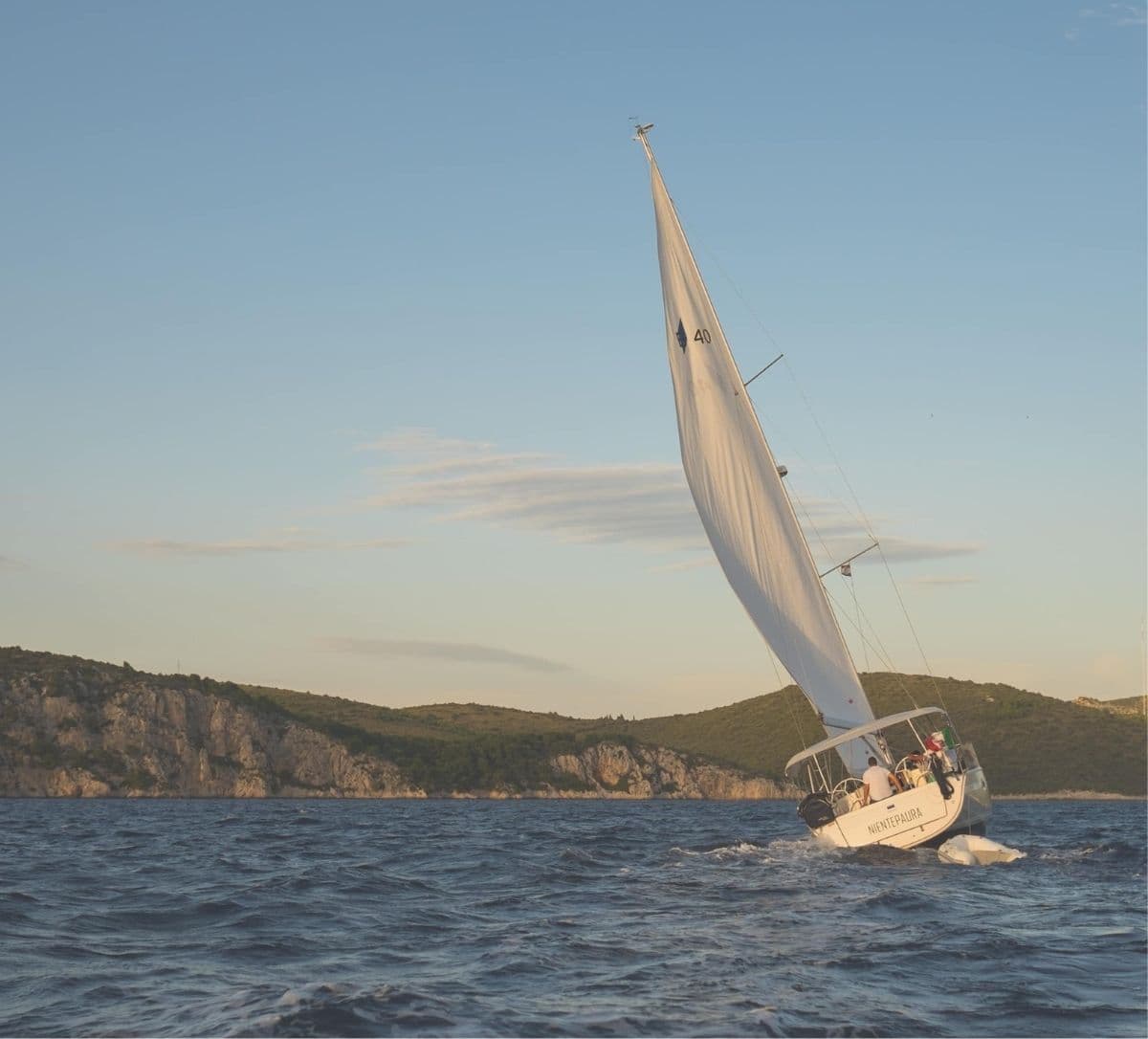
The danger is always in the back of your mind when picking a new sport, and that’s normal because The danger exists.
But It’s not really about How dangerous is sailing, It’s about whether or not you have the required skills to avoid and handle the danger cautiously and safely when it comes.
So the short answer for How dangerous is sailing?
It depends on how much training and skills you have, the preparation and safety you applied, and the knowledge about the sea and the weather you have. it could be very safe, or very deadly. It depends on the sailor and the crew.
Sailing is safe when regulated under the instruction of an established sailing club with proper training and safety facilities.
It’s not at all safe when racing solo around the world in a lightweight flyer. So it also depends on what kind of sailing you mean.
If you put an untrained person in a truck and let him/her drive it, it’s really dangerous.
A trained truck driver, not so much. The same goes for sailing, because you know and recognize the dangers presents’, and know-how to avoid and deal with them.
Now let’s see what dangers you could face when you are sailing.
What are the dangers of sailing?
From the first time of sailing to the modern days, Humans have always faced dangers and challenges in sailing.
So, I will tell you the most common dangers that you probably will face always when you are sailing. no matter when and where…
Falling overboard is a serious matter
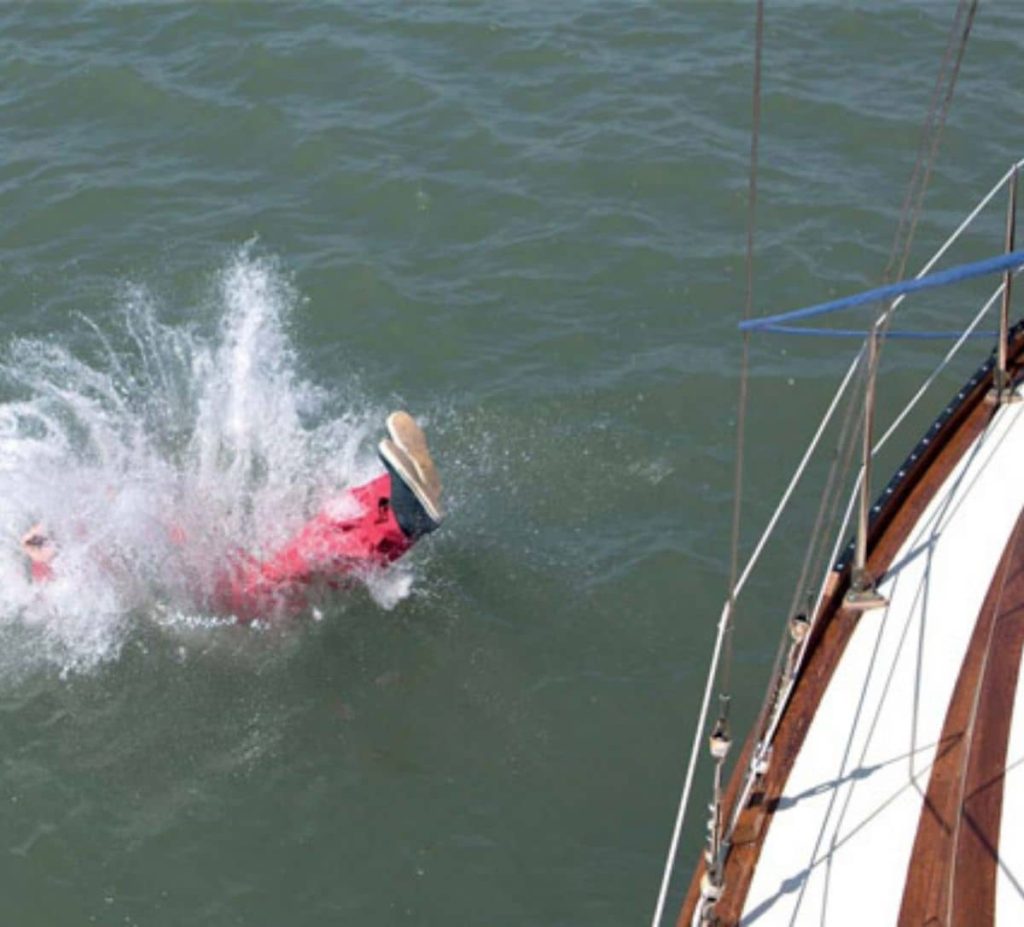
Because of being careless, fooling around near the edge of the boat, wearing slippery shoes, foul weather and still near the edges, or any other reasons ( and there are many ) that could cause Falling overboard.
To prevent falling overboard always when standing-up, hold tight on the railings while the boat is moving.
Do not go near the edge when drinking or after drinking, Stay inside during foul weather, and Wear non-slip shoes, these are common causes of Falling overboard.
But if you have to do any of these things or other dangerous activities around the edges, at least always get equipped and wear the proper safety gear.
Sailing in bad weather
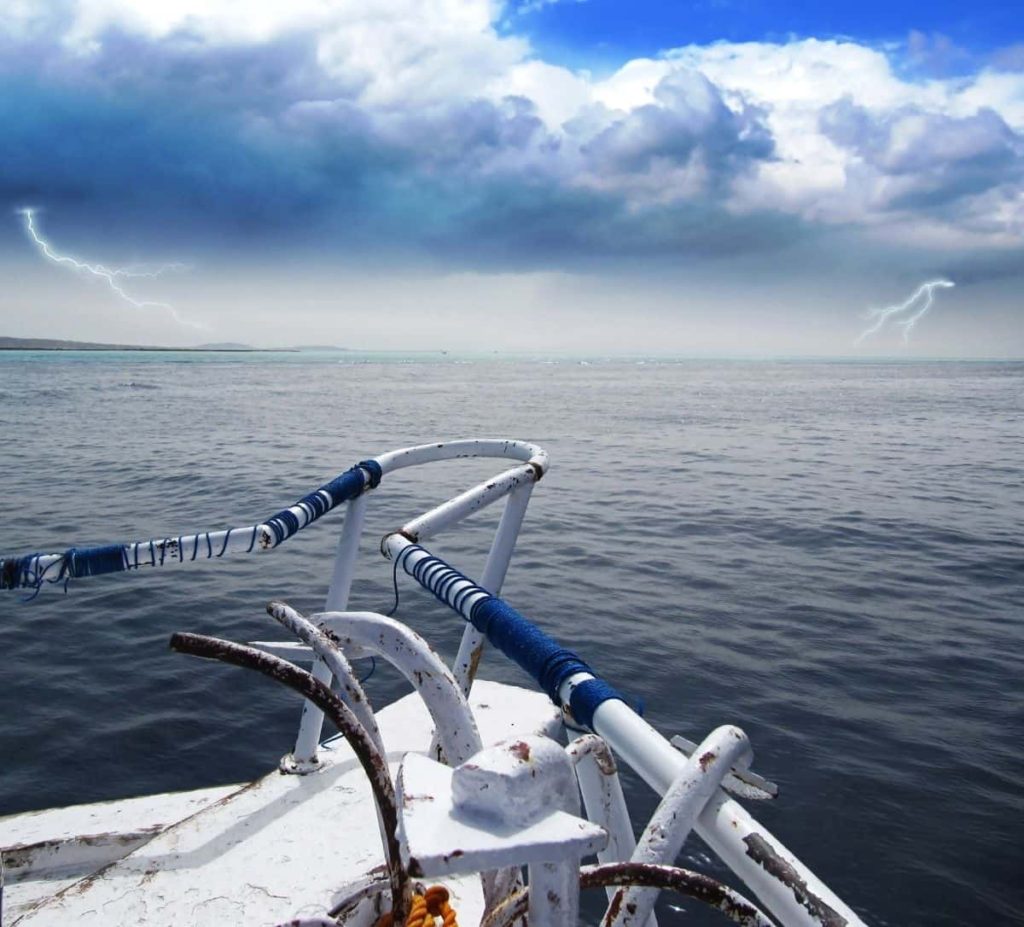
Weather on the sea sometimes could be unpredictably changeable, and you don’t want to be caught unprepared. You should check the weather several times before you set sail.
Check it before you get on the boat, and when you arrive at the marina, and right before you begin a new voyage.
When you get caught in bad weather, all the passengers must stay inside the cabin and don’t go outside.
The deck will be slippery, and the boat will be swinging and the wind could blow a grown man away easily.
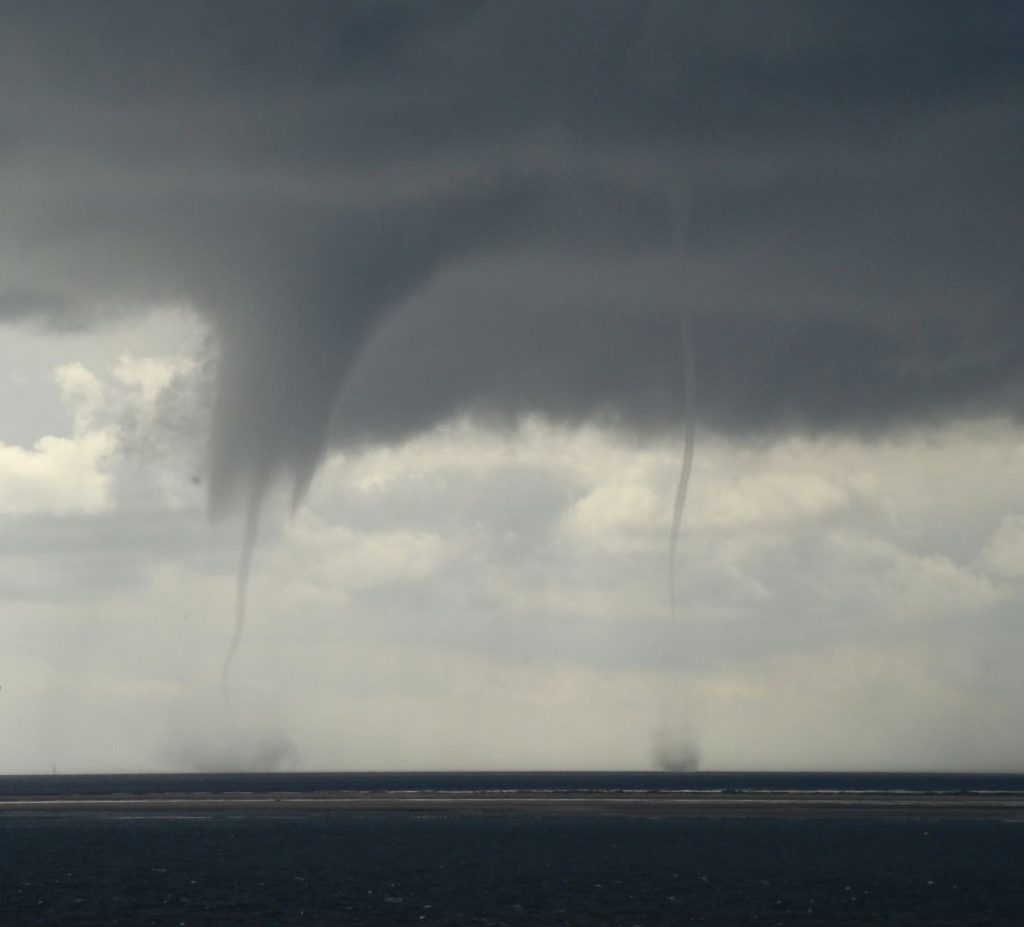
Beware of waterspouts, yes they are interesting to observe, but they are very dangerous, and they may spawn off the coast quite unexpectedly. They can completely overturn a small boat.
If you do encounter one, you should head away from the shoreline. Put some distance between your boat and the Waterspouts and between other vessels until the spout passes.
To stay safe when sailing, you should always check weather conditions before you head out on the water.
Sailing Under the Influence of Alcohol
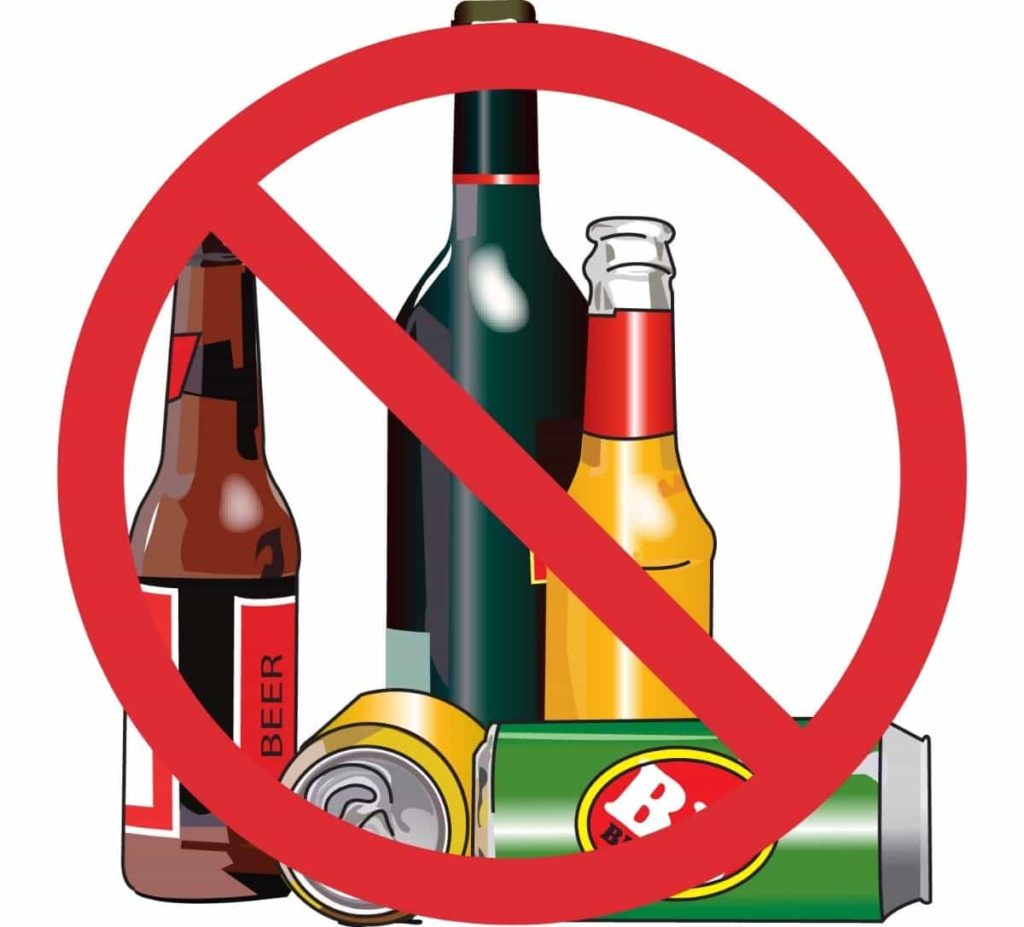
Most sailors don’t care about trans-ocean crossings or global circumnavigations.
Many sailors go out sailing to enjoy spending time with friends, eat a great meal on the water, and have an exceptional event of having quality time and fun.
But much like driving a car, operating a sailboat under the influence of alcohol can have dangerous consequences.
but it’s also illegal. Many local and national laws have prohibitive laws that are similar to those regarding cars as well.
According to the Boat U.S. Foundation and I quote:
“Alcohol severely diminishes your ability to react to several different signals at once. It takes longer to receive information from your eyes, ears, and other senses, and still more time to react. Reduced night vision and the inability to distinguish red from green makes the intoxicated night boater an even greater hazard”.
Stay safe and Never Sail Under the Influence of Alcohol, and save yourself and your beloved companions on board.
Capsizing
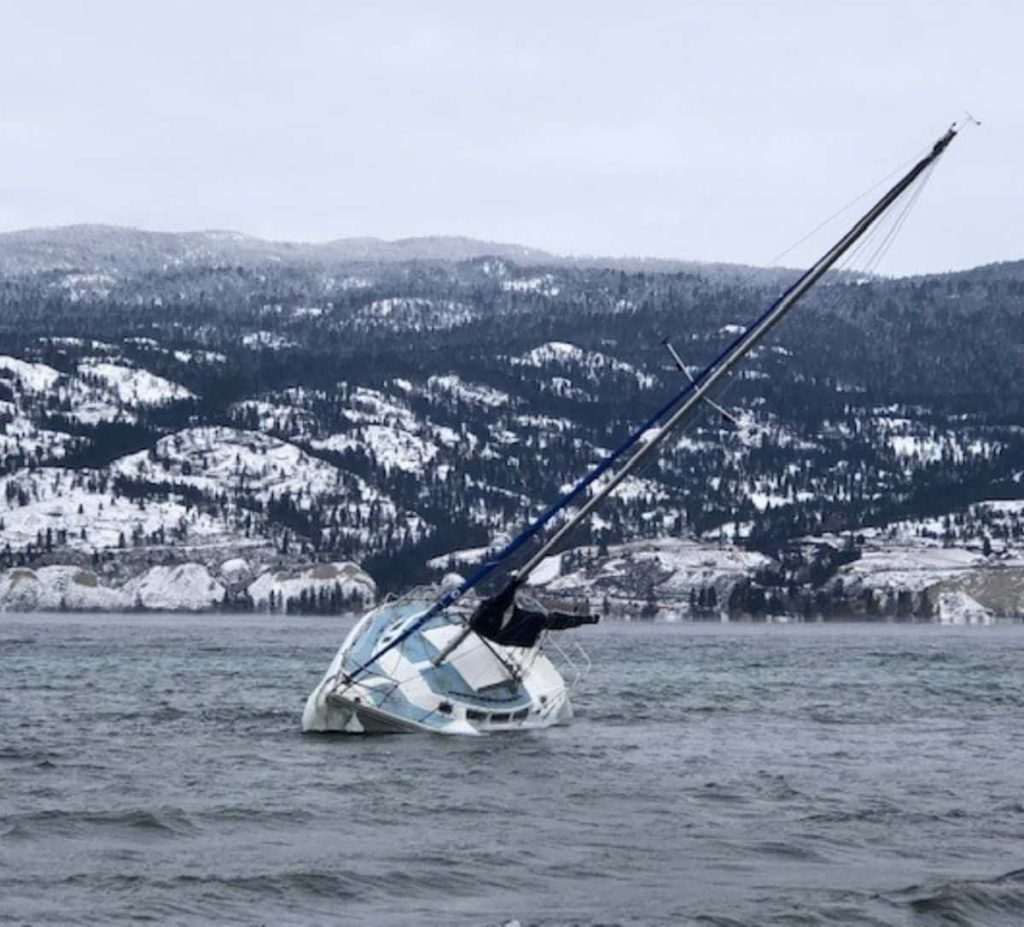
Most boats that are more likely to capsize quicker than others are around 25 feet long or less. although there were several boats over 30 feet that capsized. even large boats can capsize under the right conditions.
Boats capsize because they become unbalanced. and There are three primary reasons for that unbalanced:
Too much or unbalanced leaking water. Crew or equipment weight which also creates too much weight. And bad weather, which causes instability as a boat is rocked and filled with water.
To stay safe, always remain around your boat weight capacity, and never sail overweight, and try to gain more knowledge about how to distribute the weight on your boat. and always head away from bad weather.
Collisions
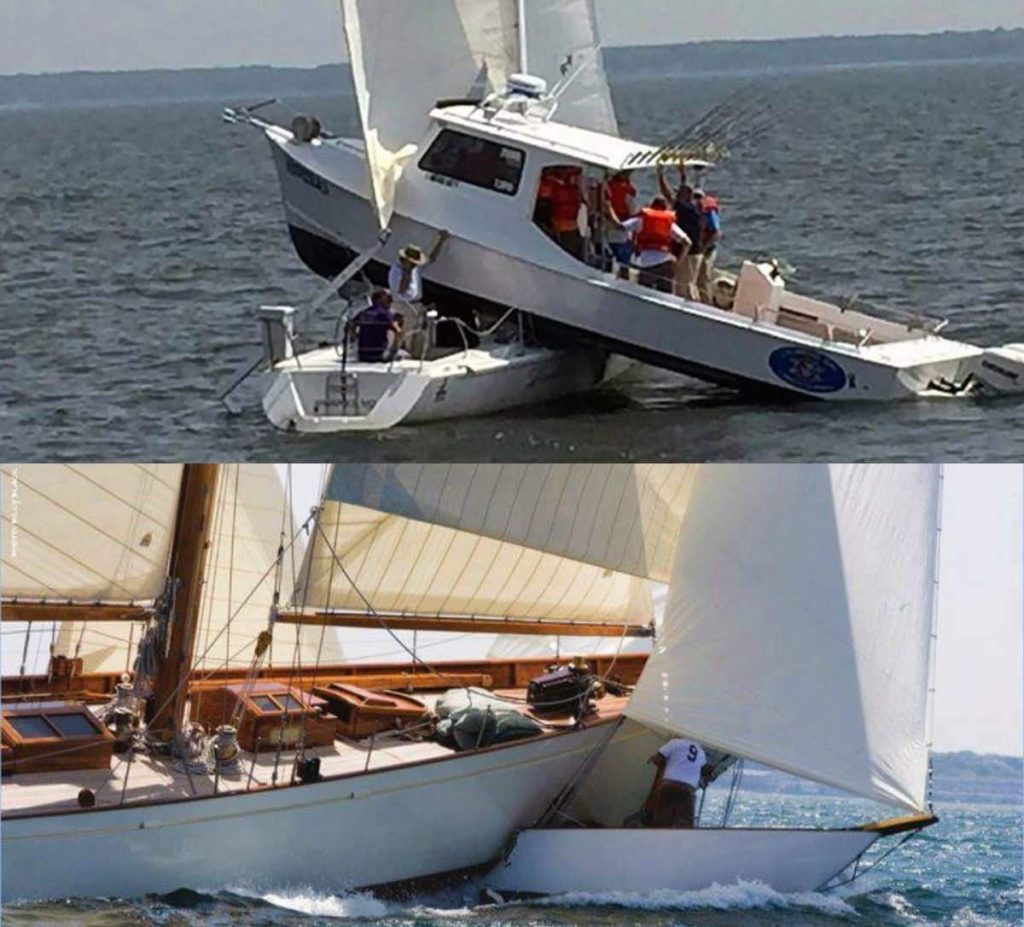
Thousands of boat collisions happen each year, and although a number of reasons play a role.
Most collisions have similar aspects and many may have been avoidable if the Operator had taken further cautions.
The most familiar causes of boating collisions are:
- Operator Inattention and Improper Lookout.
- Operator Inexperienced and takes Reckless Actions by himself or the Passengers.
- Machinery and or Equipment Failure could lead to accidents on the water.
- Speeding in close proximity to the coastline or anchored vessels is a very dangerous move. There are also laws requiring boats to heavily reduce their speed when in close range to the coastline or anchored vessels.
- Alcohol Use while sailing the boat also is one of the main reasons that causes collisions.
And you can read this article about Tips on How to Avoid Boat Collisions.
Changing in the type of food you eat

This one came from my humble experience, changing the type of food you eat that could happen when you don’t stick with your trip schedule ( it happened to me ).
I planned a trip for two weeks and got supplied for that period, a little more. But after I set sail, my friends and I decided to change our destination to a farther one, it will take about six weeks.
Each one of us had brought his favored usual daily food for two weeks, and after we run out of it, we started shopping in the local markets when we got anchored near the shore. but almost no one found his usual food.
And in the third week, we start to experience a lower level of mental focus and clarity. and symptoms of brain fog and low concentration begin as we start noticing we can’t think more clearly.
It’s similar to the symptoms when you start a diet and lose weight.
For example ( if you always eat a sort of meat or sugar and suddenly changed to something different for a period of time.) yes you aren’t starving to death, but your hormones and body will change.
It changed our mood. and that caused Inattention and sometimes reckless actions that could put us in serious danger. fortunately, we got back home safely.
Since then I have paid attention to this matter in detail. and you should too.
I will share the full story with you in the future.
Still, there are many other dangers out on the water. So for that, I will share some tips to keep you safe and protected.
How to Stay Safe When Sailing?
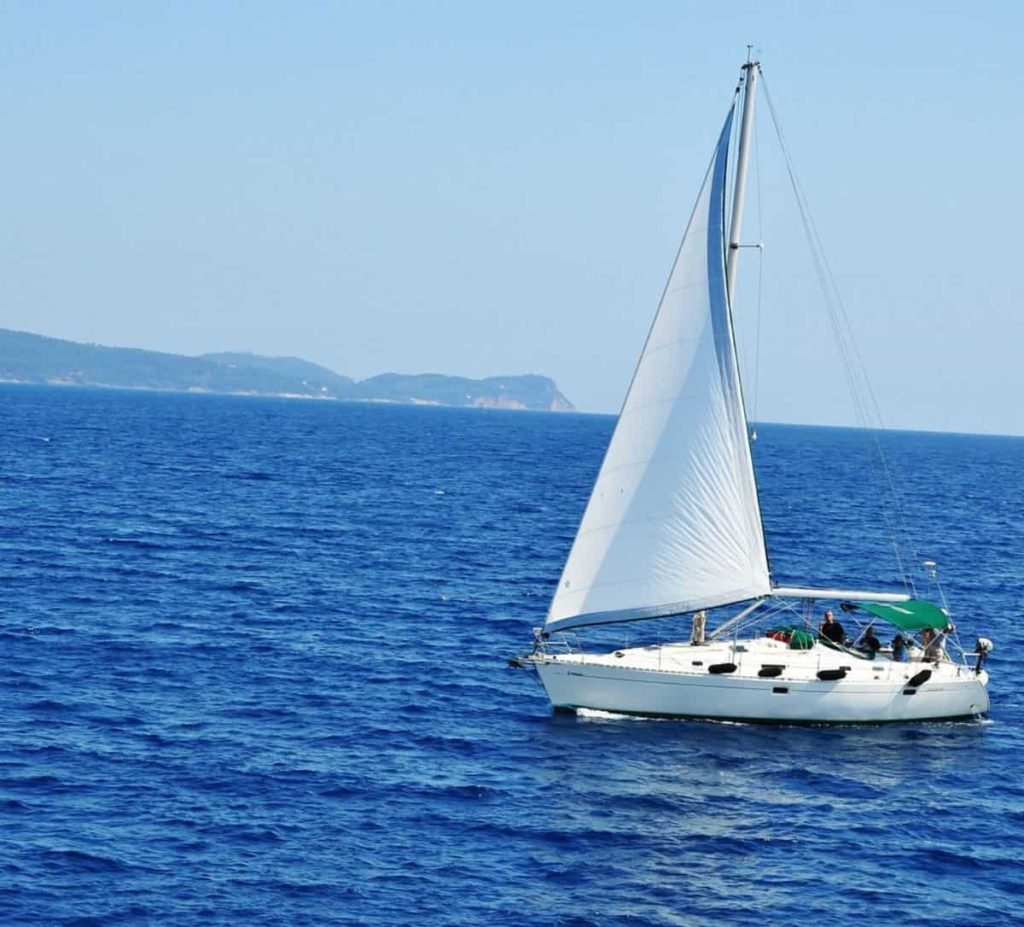
Here are some tips to keep your sailing safe and enjoyable.
- Always check weather conditions before leaving.
- Always Be Aware of the Propeller and Engine.
- Your boat should have the proper safety equipment on board every time you set sail:
- A first aid kit.
- A fire extinguisher.
- A tool kit for repairs.
- A horn, a whistle, and flares.
- A flag for signaling when passengers are in the water.
- Extra VHF marine radio for communication.
- Searchlights for darkness and rough weather
- You should let all your passengers know where the equipment is stored and show them how to use each item in case of an emergency.
- All the passengers always should wear a Life Jacket if they have to be near the edge of the boat while it is moving – because if anyone falls in the water at night and can’t get back aboard, injury is not the result: they will die.
- keep your bilge pump well maintained. since the bilge pump pumps’ water out of the boat, they need to be in good condition all the time.
- Stay away from small marinas and large vessels. and Familiarize yourself with bridges, shoals, rocks, and other obstacles that may appear on your destinations.
- Designate an Assistant if your trip is too long for you to handle it alone.
- Running through disaster scenarios in your head will make your reaction faster and safer when it happens.
- It may be worth suggesting that you start with a shorter trip if you are new to this type of adventure to make sure everyone actually enjoys it.
because boats aren’t big and that could be not comfortable for many people to be in close contact. Especially with teenagers.
Final Thought
Sailing is like any other sport and activity, there are risks and dangers in it. Similar to driving a car the dangers start when you sit behind the wheel but how many car accidents had happened to you in the last five years, maybe a few, for others maybe a little more, and others maybe none.
It is all about how much skills and knowledge you have and cautions you take. And through practice, you will be improving and getting better and better with time.
Don’t let the fear aspects hold you from chasing your dreams, you can learn about sailing quickly and gain the skills you need faster than you think. You just have to start.